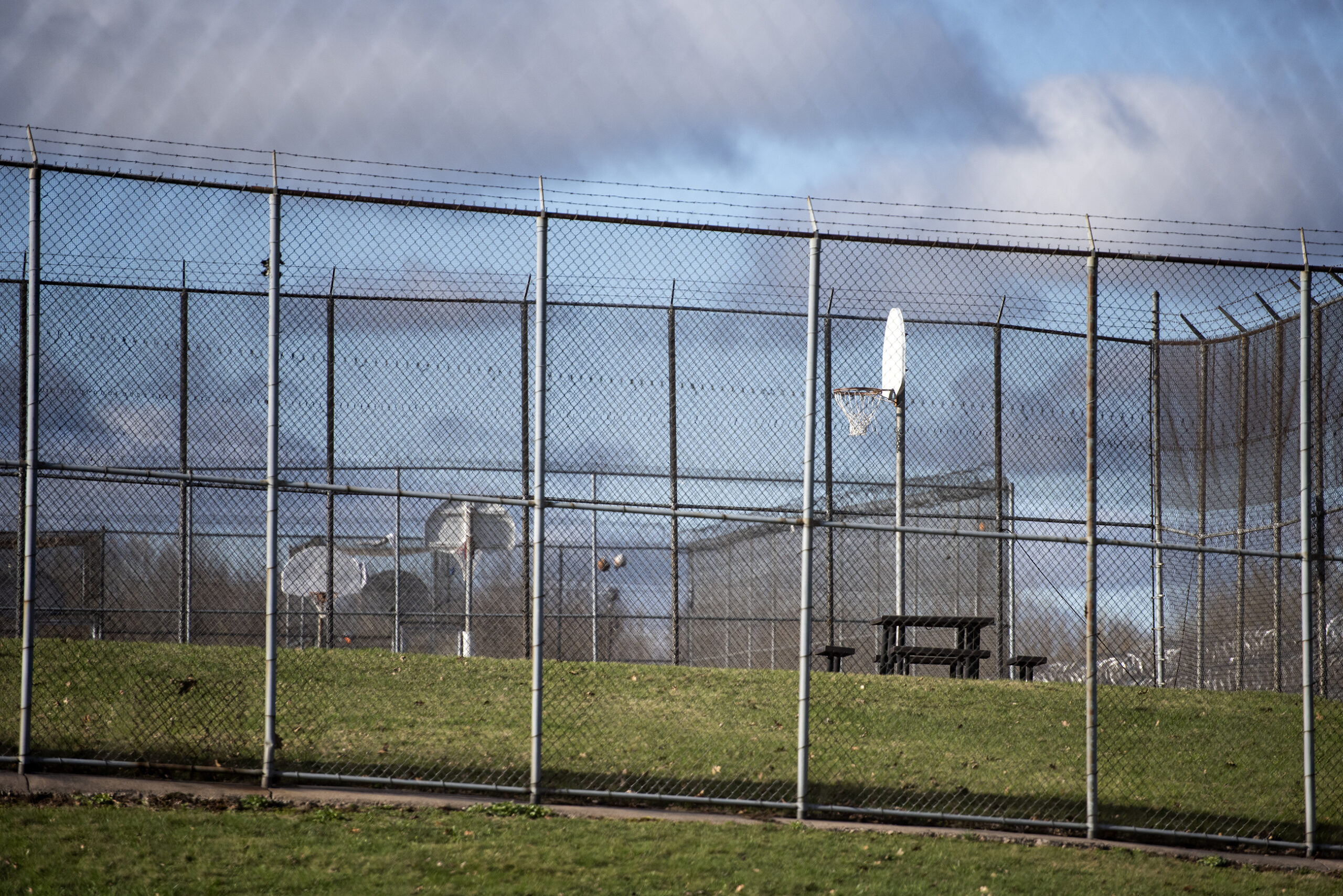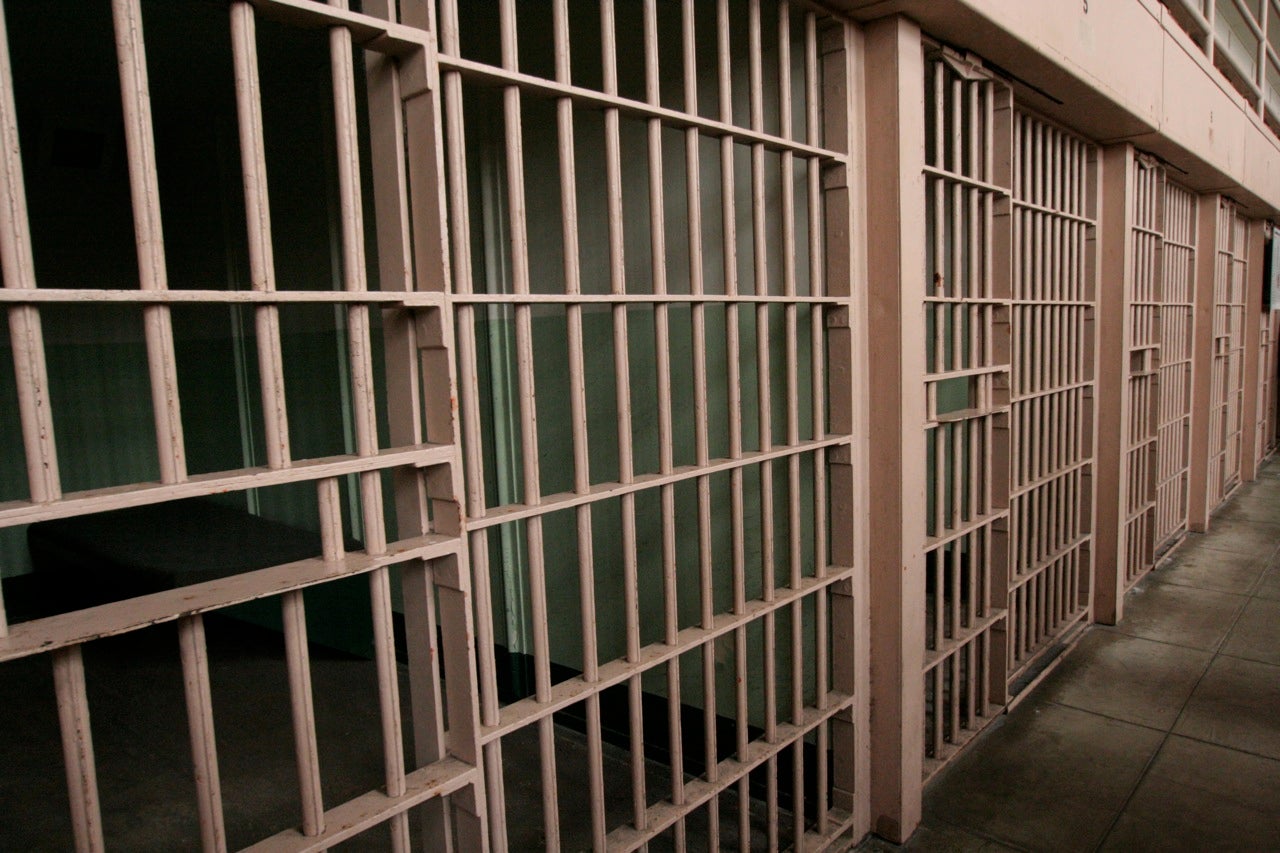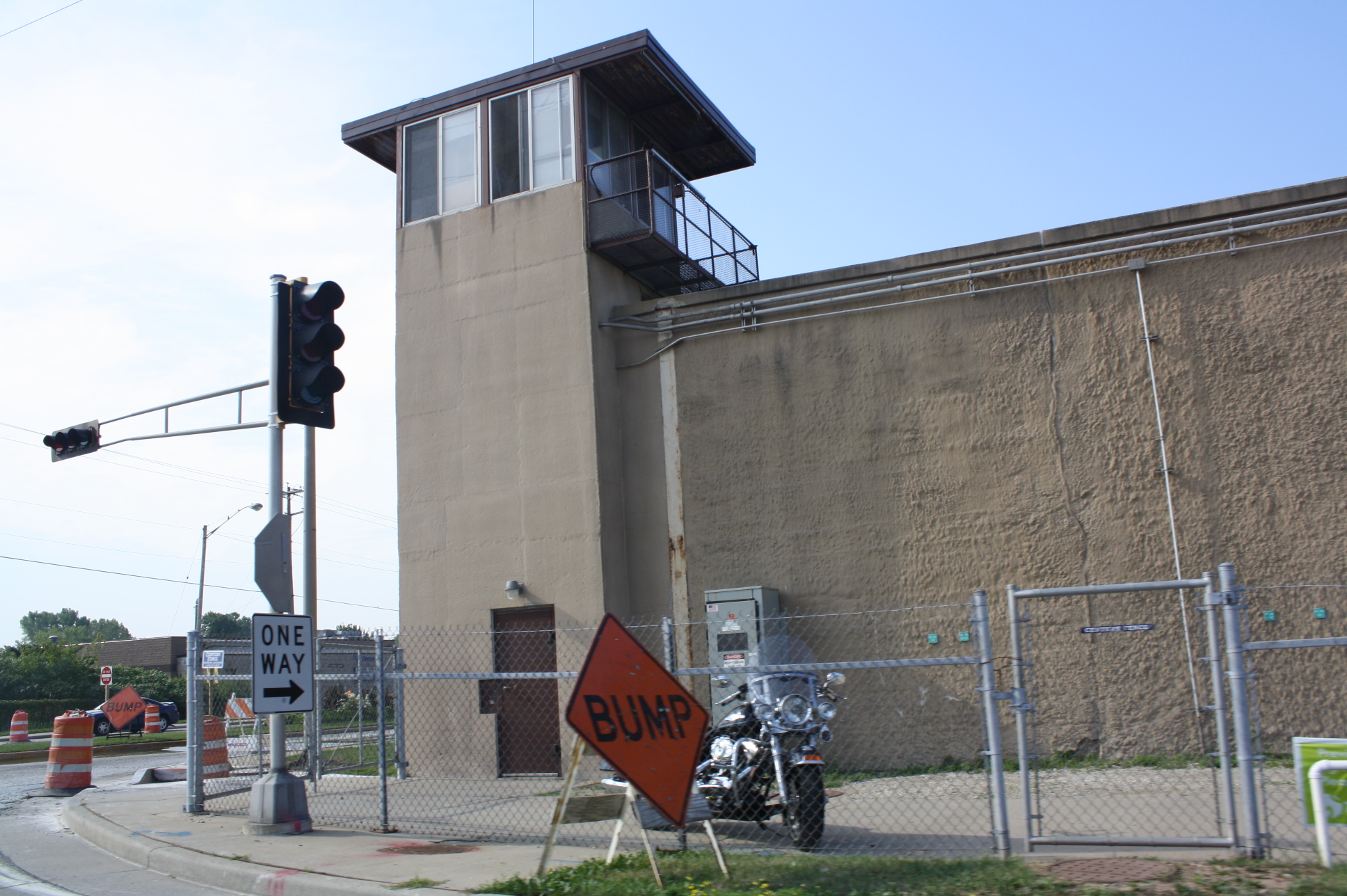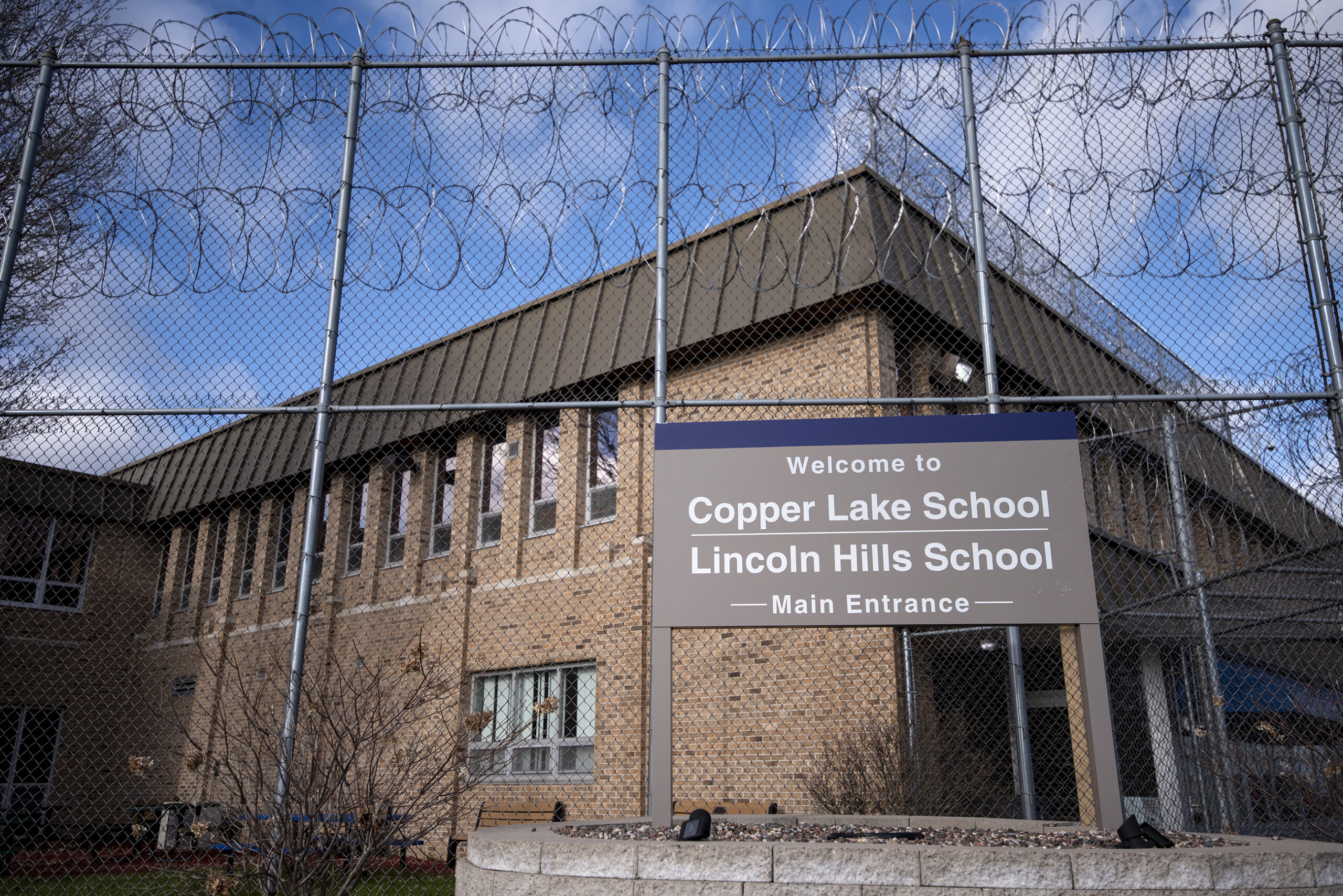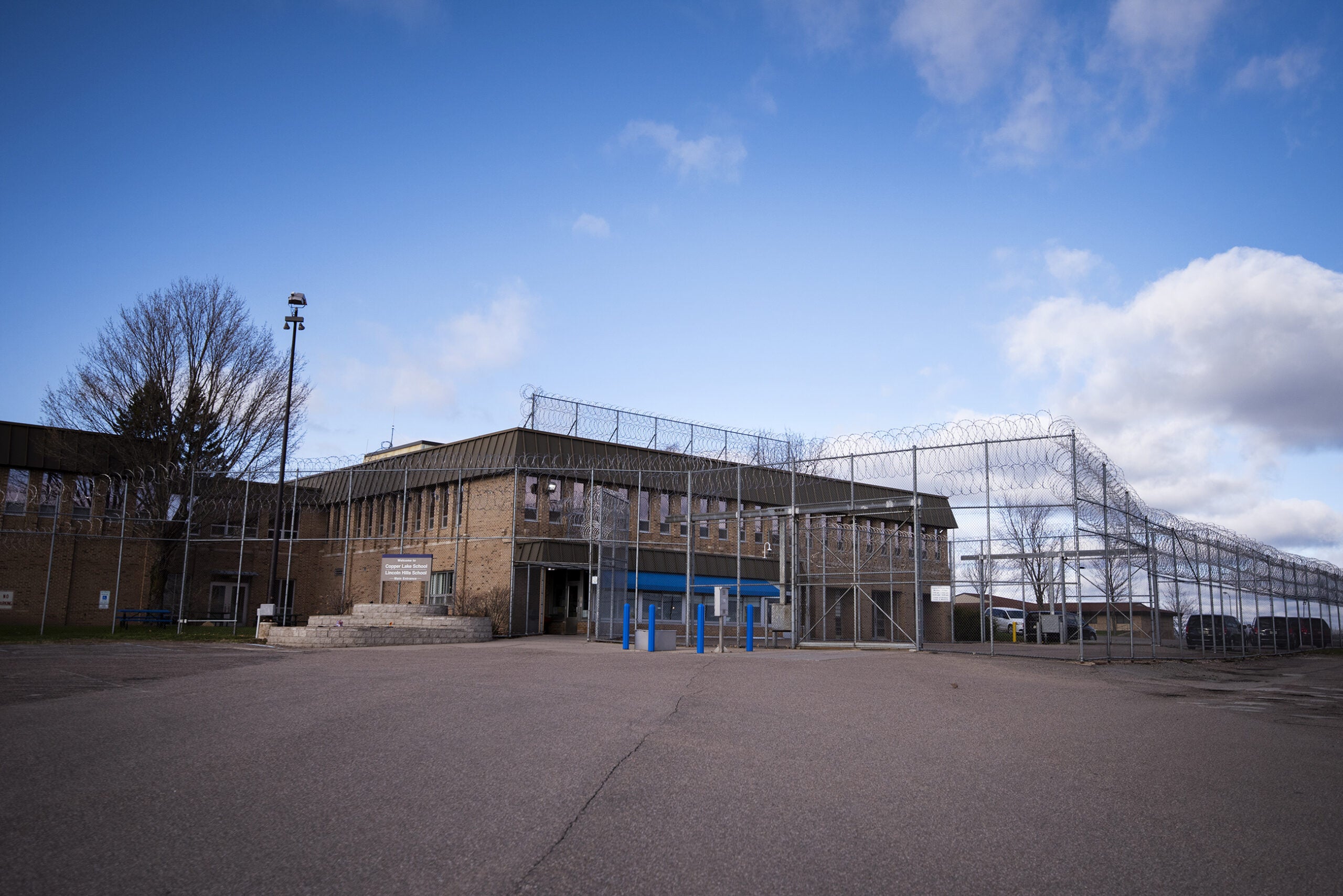Years after it was slated to close, plans to move juvenile offenders out of the Lincoln Hills youth prison remain a work in progress.
The Legislature’s budget committee approved a plan last week that would spend about $78 million on a new juvenile corrections facility in Milwaukee County. The new facility is estimated to be completed by May 2026, or more than five years after originally planned.
In 2018, lawmakers unanimously approved a plan to close the Lincoln Hill School for Boys and Copper Lake School for Girls and replace it with a mix of smaller state- and county-run institutions. That measure, which was signed into law by former Republican Gov. Scott Walker, set a deadline of Jan. 1, 2021 to close Lincoln Hills.
News with a little more humanity
WPR’s “Wisconsin Today” newsletter keeps you connected to the state you love without feeling overwhelmed. No paywall. No agenda. No corporate filter.
Roughly a year later, Democratic Gov. Tony Evers signed a follow-up bill that extended the deadline for closing Lincoln Hills until July 1, 2021. The state missed that deadline, and lawmakers did not pass another extension.
The treatment of youth at the prisons in the small, unincorporated community of Irma has been under scrutiny for years. Allegations of abuse led to a Federal Bureau of Investigation inquiry into whether inmates’ civil rights were being violated at the prison, which ultimately did not result in any charges. Staff at the facility had also warned of dangerous conditions.
Part of the challenge for funding new juvenile facilities has been getting buy-in from both local officials and Republicans who run the Legislature. The Evers administration proposed two sites for new state-run facilities in early 2019 but they were rejected by Republicans on the Legislature’s budget committee in 2020.
Last year, the Legislature unanimously approved roughly $42 million in borrowing for a new state-run juvenile corrections facility in Milwaukee County. The funding approved last week by the Legislature’s budget committee would supplement that with cash from the state’s record budget surplus, bringing the total project cost to $78.4 million.
Earlier this year, the Milwaukee Common Council signed off on the final details of the new 32-room prison, which will be built on the site of a former vehicle emissions center on Milwaukee’s northwest side, at 7930 W. Clinton Ave.
Where the state goes from there remains to be seen. Evers had called for setting aside another $83 million in cash to build a second state-run juvenile prison to be completed in 2029.
Republicans on the budget committee stopped short of approving that plan, instead approving $6 million “for planning and enumeration” of the second juvenile facility.
“We finally figured out where one is going to be,” said Sen. Joan Ballweg, R-Markesan, of the Milwaukee youth prison. “We don’t know where a second one is going to be. But we put money into this program so we can keep on that track.”
Democrats, including Rep. Evan Goyke, D-Milwaukee, said the state should fund the second juvenile facility now, rather than wait.
“I’m glad there’s $6 million so we can keep hope alive, so we can someday close Lincoln Hills. But man, we know that we will someday need this second facility,” Goyke said.
While Evers’ capital budget did not specify a location for the second youth prison, the state Department of Corrections had recommended it be built in Dane County, utilizing DOC land in Fitchburg and Oregon. The DOC said it made sense to build juvenile corrections facilities in Milwaukee and Dane counties since they have the highest number of youth offenders in custody.
While the state studies the issue, Lincoln Hills will remain open. According to the most recent report from a court-ordered monitor, between 62 and 75 youth were living at the facility. That’s down from a population of 170 several years ago.
Lawmakers also approved nearly $6 million to improve the facility’s heating and cooling system. Lincoln Hills, which was first built in 1969, does not have air conditioning.
While getting past the Joint Finance Committee is an important step in the budget process, the funding approved last week still needs an OK from the full Legislature and Evers to take effect.
Wisconsin Public Radio, © Copyright 2026, Board of Regents of the University of Wisconsin System and Wisconsin Educational Communications Board.
